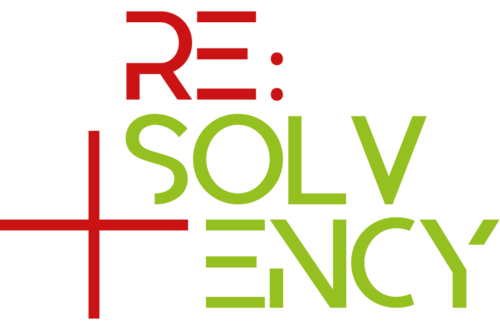Just Distribution in Debt Deliberation (Experiment)
Project Stream 7 · Sven Hoeppner
How Do We Share Losses Fairly? When a company goes bankrupt, there’s often not enough money left to pay everyone what they are owed. This creates a difficult problem: how should the remaining assets be divided among the creditors? While the common solution is to pay everyone a share proportional to their original claim, this is not the only way to approach the problem. Other methods, some with roots in ancient philosophy and religious texts, offer different ideas of what is fair. For example, one rule might try to give everyone an equal amount, while another might focus on making sure everyone shares the loss equally.
To understand what people consider a fair way to handle such situations, we conducted a laboratory experiment. We presented participants with four different rules for dividing assets in a simulated bankruptcy.First, we asked participants to decide how much they would be willing to pay for each rule to be used, but without knowing what their own financial stake in the outcome would be. In this situation, as if behind a “veil of ignorance,” people had to consider the fairness of the rules from an impartial perspective.
As for the results we found that while the commonly used proportionality rule was popular, a rule that aims to give everyone equal awards was valued just as highly. A rule that focuses on equalizing the losses was the least popular. However, things changed dramatically when we lifted the veil and told participants their specific position – whether they had a small, medium, or large claim. People’s preferences quickly shifted to favor the rule that would benefit their own situation the most. Those with small claims were now strongly in favor of the equal awards rule, while those with large claims preferred the rule that would minimize their individual losses. This demonstrates a strong self-serving bias. These findings highlight a crucial tension: the rules we might agree on as fair from an impartial standpoint are not always the ones we prefer when our own interests are on the line. This has important implications for how we design and regulate systems for handling everything from corporate bankruptcy to the division of public resources.
